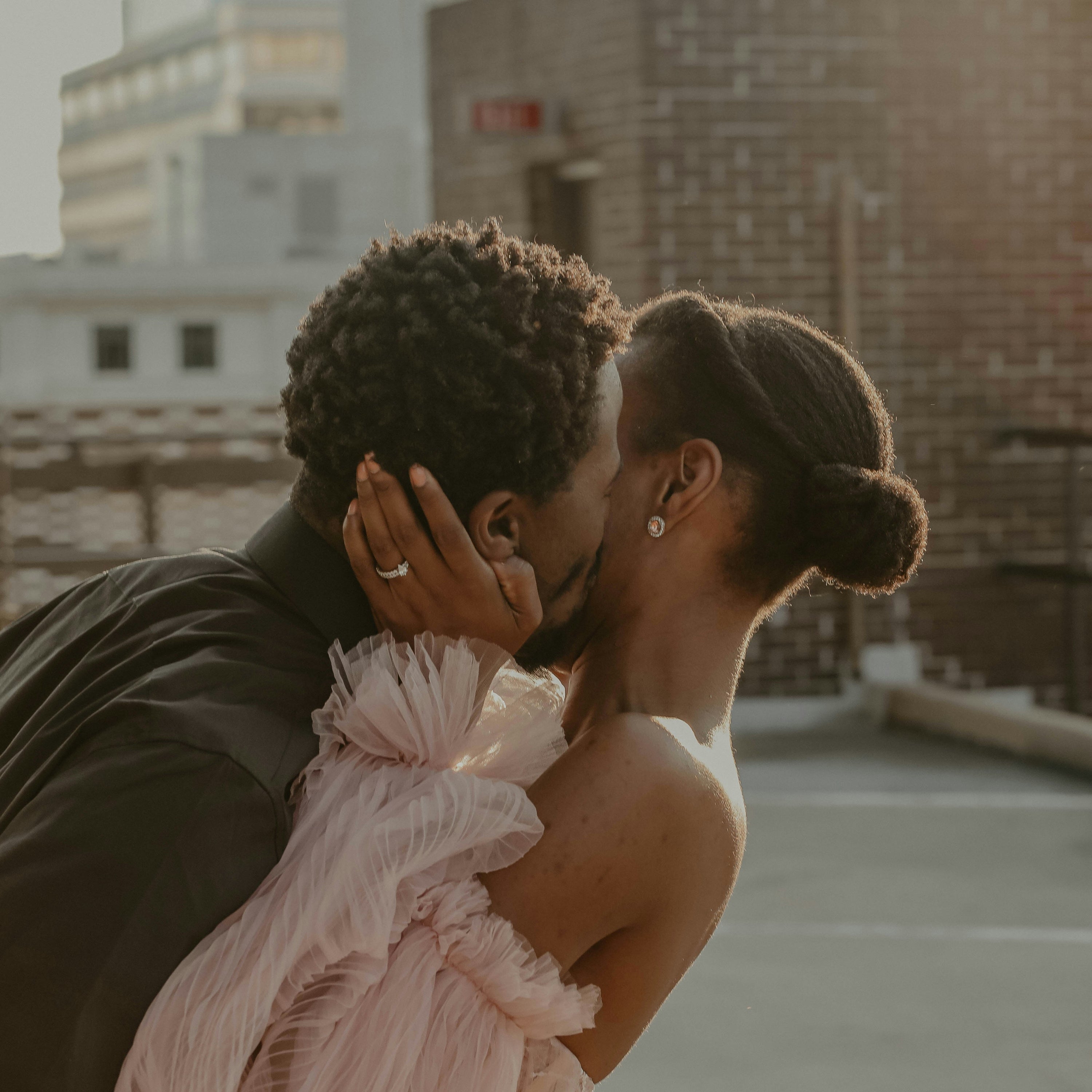Selecting the perfect wedding venue is a cornerstone decision in your wedding planning journey. It's not just about finding a beautiful space; it's about discovering a place that encapsulates your love story and sets the stage for your unforgettable day.
This guide is designed to walk you through every consideration, offering detailed advice to ensure your venue selection resonates with your vision, delights your guests, and remains etched in your memories forever.

1. Envisioning Your Dream Wedding
Your wedding venue should be a reflection of the wedding you've always dreamed of. Whether you're imagining a lavish celebration or an intimate affair, the setting plays a crucial role. Consider the style and atmosphere you desire.
Are you leaning towards a rustic barn, a chic urban loft, or a serene beachfront? Think about the emotions you want to evoke - romance, elegance, fun, or a mix of several elements.
Discuss with your partner to ensure your visions align. Remember, your venue sets the tone for your entire wedding, influencing everything from decor to attire.
2. The Role of a Wedding Planner
A wedding planner can be a vital asset in your venue selection process. Their expertise and knowledge of venues can streamline your search, matching you with locations that align with your vision and budget.
Planners often have insider knowledge about the capabilities and limitations of different spaces, potentially saving you from costly missteps.
Even if you opt not to hire a planner, ask venues if they provide an on-site coordinator for your wedding day, ensuring someone is there to oversee the logistical details.

3. Picking the Perfect Date
Your wedding date can significantly impact your choice of venues. Popular months often get booked quickly, so if you're eyeing a high-demand season, start your search early.
Off-peak seasons can offer more flexibility and potentially lower costs. Remember, your date will also influence other aspects like decor (seasonal flowers, for example) and guest comfort (heating or cooling needs).
4. Budgeting Wisely
Setting a clear budget is crucial. Beyond the rental cost, consider additional expenses such as catering, decor, and any special requirements you might have. Be upfront about your budget with potential venues and ask for detailed breakdowns to avoid surprises.
Remember, some venues offer packages that might provide better value, but always clarify what's included. Factor in any extra costs for customization to ensure the venue fits within your financial plan.
Here's a breakdown on what percentage element of a wedding normally takes out of a couple's budget:
|
5. Guest List Considerations
Your guest list size will directly impact your choice of venue. A space too small will feel cramped, while a too-large venue can diminish the intimacy of your celebration.
Ensure the venue can comfortably accommodate your guests, offering enough space for all elements of your wedding, from the ceremony to dining to dancing. Also, consider accessibility for all guests, including those with mobility challenges.
6. Location and Accessibility
The venue's location plays a crucial role in the overall experience of your guests. If many guests are traveling from afar, consider venues with nearby accommodation or good transport links.
Think about the ease of access for all guests, including those with disabilities. If you plan on having separate locations for your ceremony and reception, consider the logistics and travel time between these sites.
7. Culinary Delights
The wedding meal is a significant part of your celebration. If you have specific culinary preferences or dietary requirements, ensure the venue can cater to these needs. Taste-testing menus is a must.
If the venue doesn't offer in-house catering, check their policy on external caterers. Remember, the quality of food and service will leave a lasting impression on your guests.
8. Staff and Service
The attitude and professionalism of the venue staff are pivotal. During your visits, observe how the staff interacts with you. Are they attentive, accommodating, and enthusiastic about your wedding?
Skilled, friendly staff can significantly enhance the experience of your wedding, ensuring everything runs smoothly and your guests are well-cared for.
9. Decor and Ambiance
The potential for customization can vary greatly between venues. Some venues offer a blank canvas, allowing you to transform the space to match your vision, while others may have a distinct style that should complement your wedding theme.
When visiting potential venues, try to visualize your decorations in the space. Ask to see photos of past weddings and inquire about any decoration restrictions.
10. Lighting: Setting the Mood
Lighting plays a crucial role in creating the right atmosphere and is essential for capturing beautiful photographs.
Venues with ample natural light are ideal for daytime celebrations, while well-designed artificial lighting can create a magical ambiance for evening events.
Visit the venue at the same time of day as your planned wedding to assess the lighting.

11. Viewing Through Your Guests' Eyes
Imagine attending your wedding as a guest. Does the venue offer comfort, convenience, and an enjoyable experience?
Your guests' comfort should be a priority - ample space, accessible facilities, and a pleasant atmosphere all contribute to their experience. A memorable venue will add to the joy and celebration of your special day.
12. Understanding Venue Inclusions
Before finalizing a venue, clarify what is included in the price.
Some venues offer packages that include essentials like tables, chairs, and linens, which can be more cost-effective than renting everything separately.
Be wary of hidden costs and always compare inclusions across different venues.
13. Trusting Your Instincts
While practical considerations are important, your emotional response to a venue is equally significant.
If a venue ticks all the boxes but doesn't excite you, it might not be the right fit.
Trust your gut feeling – when you find the right venue, it should fill you with anticipation and joy for your wedding day.
14. Asking Questions
Never hesitate to ask questions. Clear any doubts you have before signing a contract. Inquire about logistics, backup plans for unexpected weather, and any restrictions the venue might have.
A thorough understanding will help you make an informed decision and avoid surprises later on.

FAQs
How do you know if a wedding venue is right for you?
To determine if a wedding venue is right for you, start by setting your vision and budget, considering both your desired theme and the practical aspects of the venue. Next, ensure the venue meets your criteria, such as accommodating your guest count and providing necessary accessibility. Consider the location and nearby accommodations, ensuring they are convenient for your guests. Finally, assess transportation options for ease of access to the venue, especially if the ceremony and reception are at different locations.
How do I choose a wedding location?
The key to choosing a wedding location is aligning it with your vision, budget, and practical considerations like guest comfort, accessibility, and logistics. Research and visiting potential venues are crucial to this process. However, specific guidance on choosing a location was not found in the sources consulted.
Who picks the wedding venue?
Traditionally, the bride and groom work together to make decisions regarding the wedding, including selecting the venue. This collaboration ensures that both are happy with the plans and that the workload is shared.
What to do when you can't decide on a wedding venue?
When you can't decide between wedding venues, revisit your pros and cons list, evaluating factors like the convenience of location, price differences, what's included in the per-person price, alignment with your wedding style, the venue's reputation for service and support, availability of your preferred date, responsiveness of the venue staff, unique amenities each venue offers, their capacity to accommodate your wedding size, whether other events will be held concurrently, and the flexibility of their contract terms.




